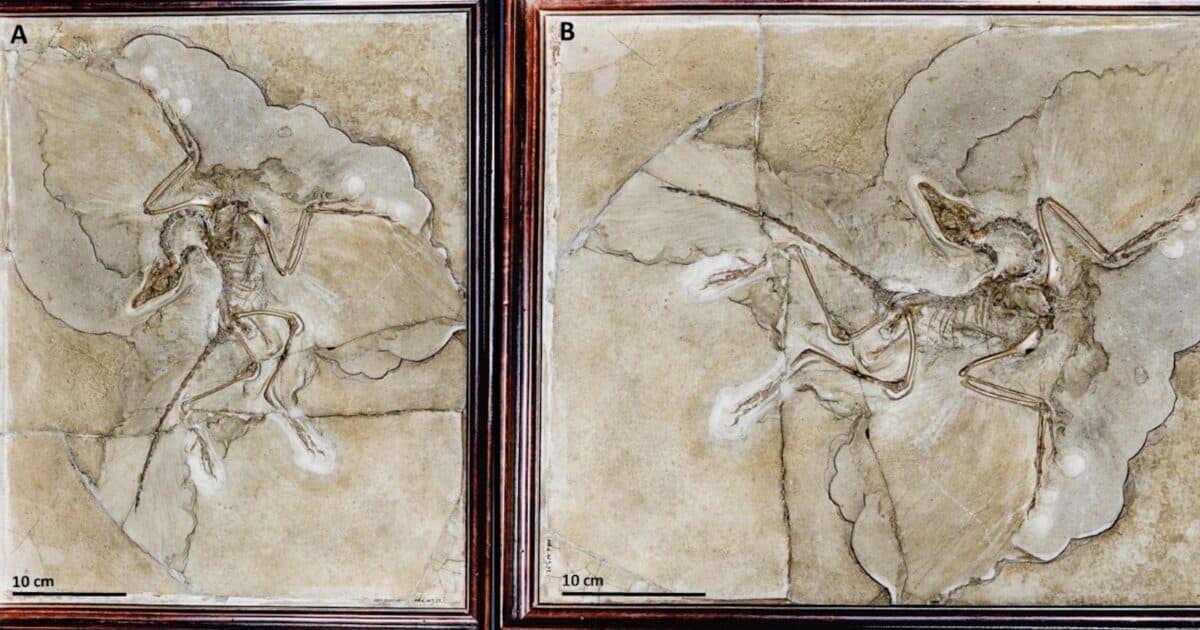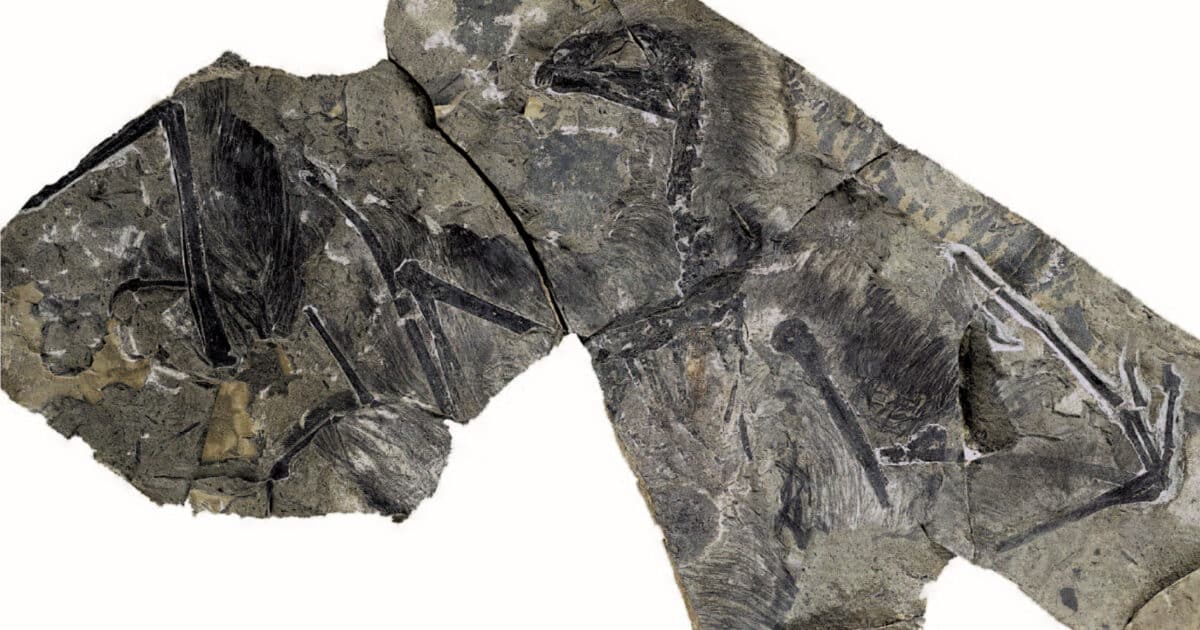
Archives


Fossil Friday: Cretaceous Insect Chimera Illustrates a Design Principle
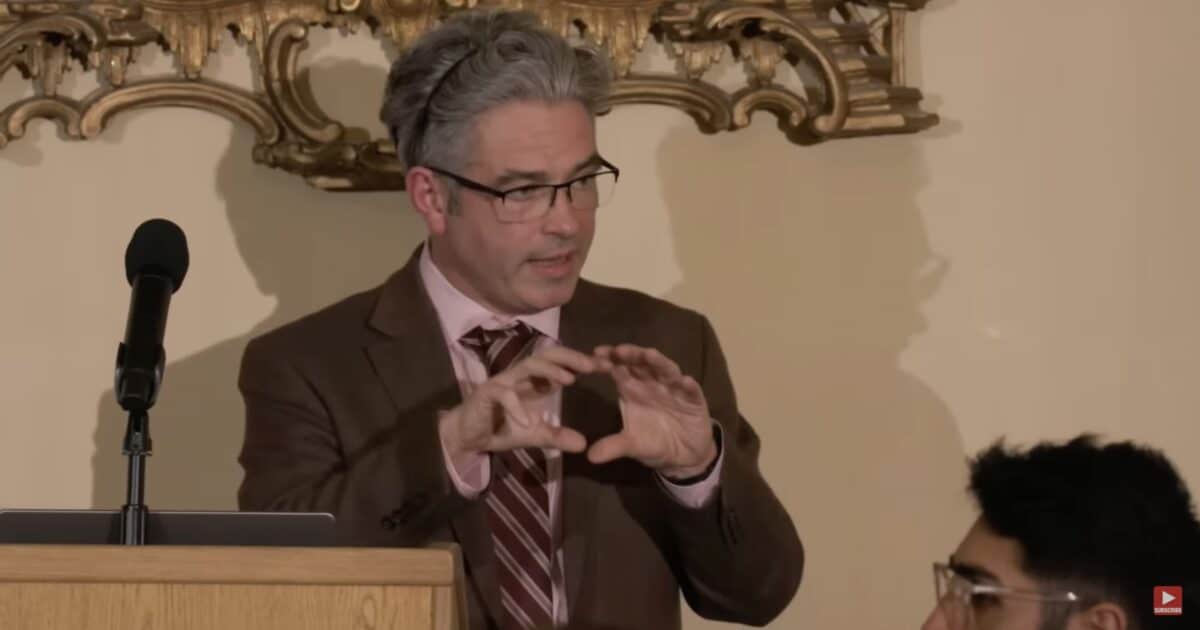
A Few Thoughts on the Cronin-Tour Debate
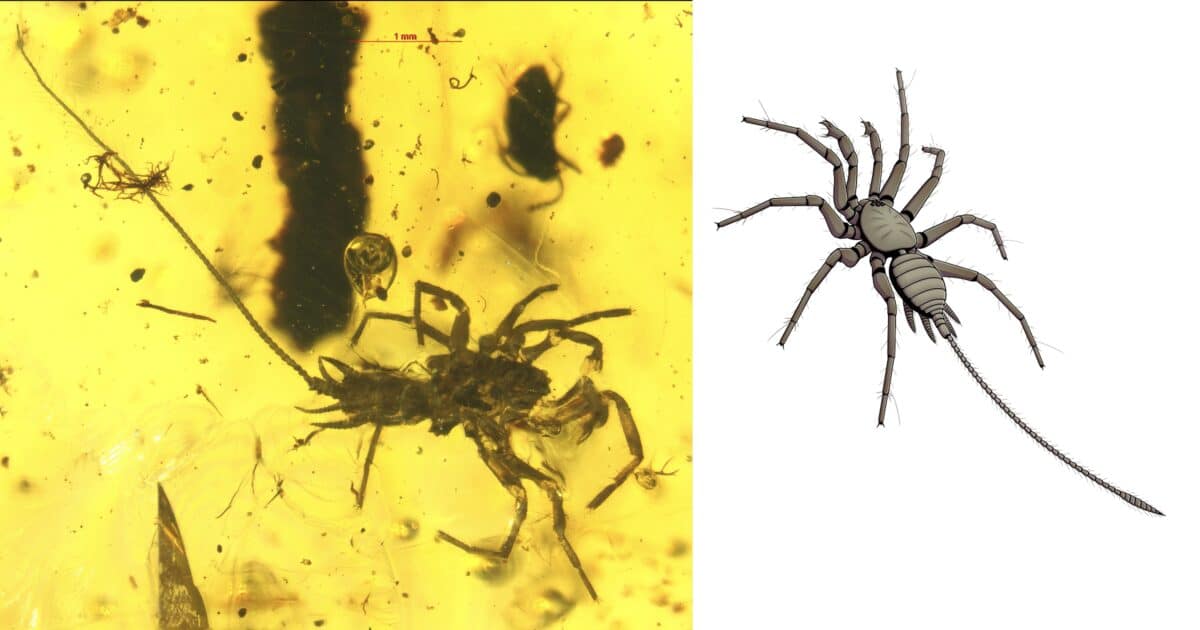
Fossil Friday: The Mess of Arachnid Phylogeny, and Why I’ve Become More Skeptical of Common Descent

Fossil Friday: Cambrian Bryozoa Come and Go
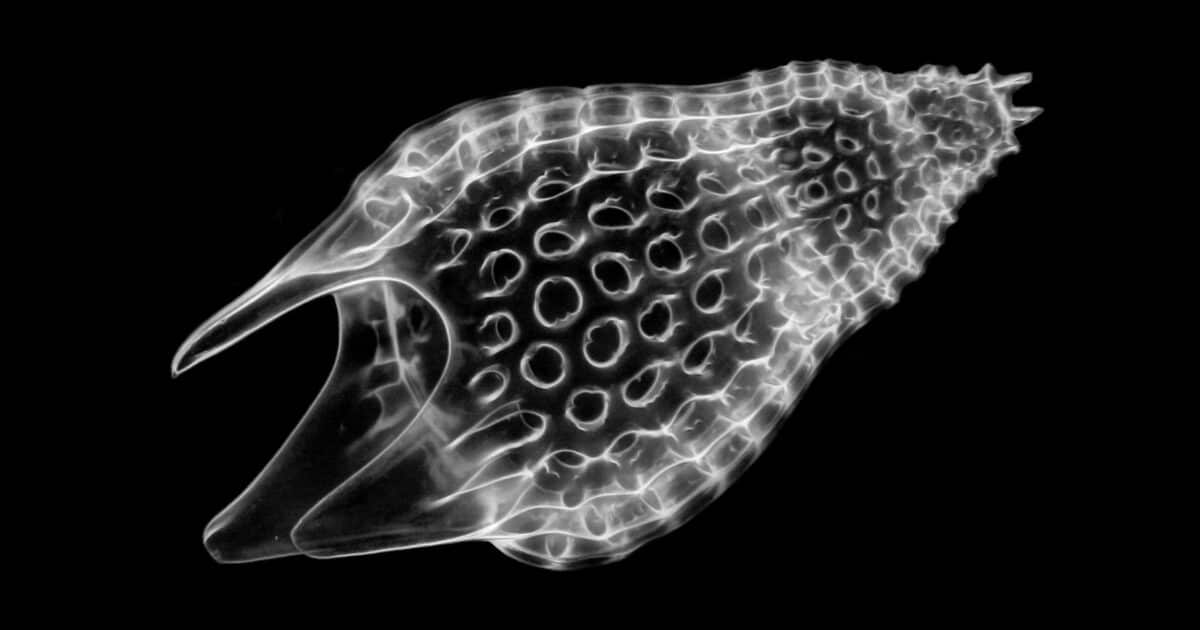
Fossil Friday: Protists Add to the Cambrian Explosion

Fossil Friday: How the Caterpillar Got Its Legs, or Not

Fossil Friday: Triassic Kraken Hypothesis Provoked Scornful Darwinist Revenge

Fossil Friday: New Study Confirms Discontinuities in the History of Plants
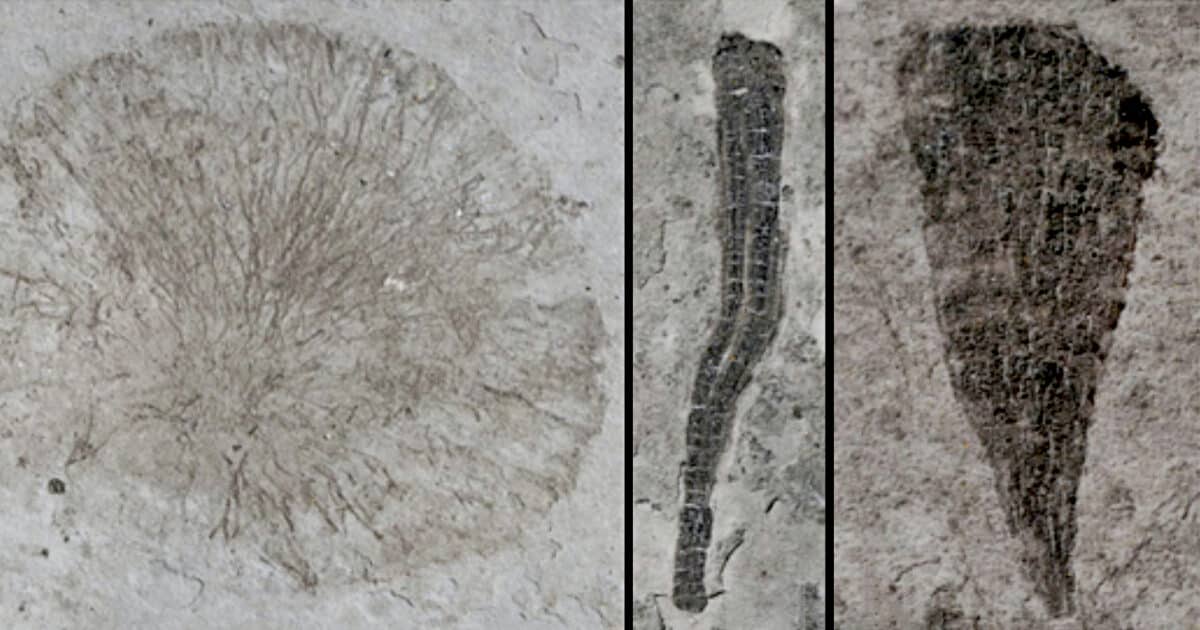
Fossil Friday: New Study Challenges the Artifact Hypothesis
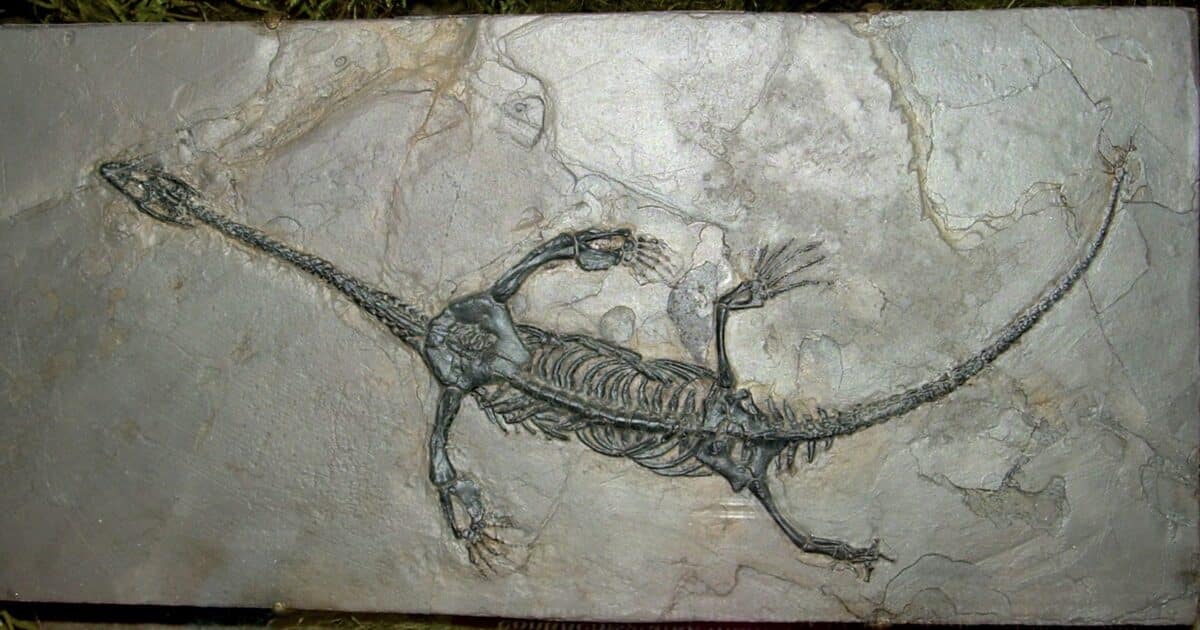
Fossil Friday: Rapid Elongation of Plesiosaur Necks Points to Intelligent Design
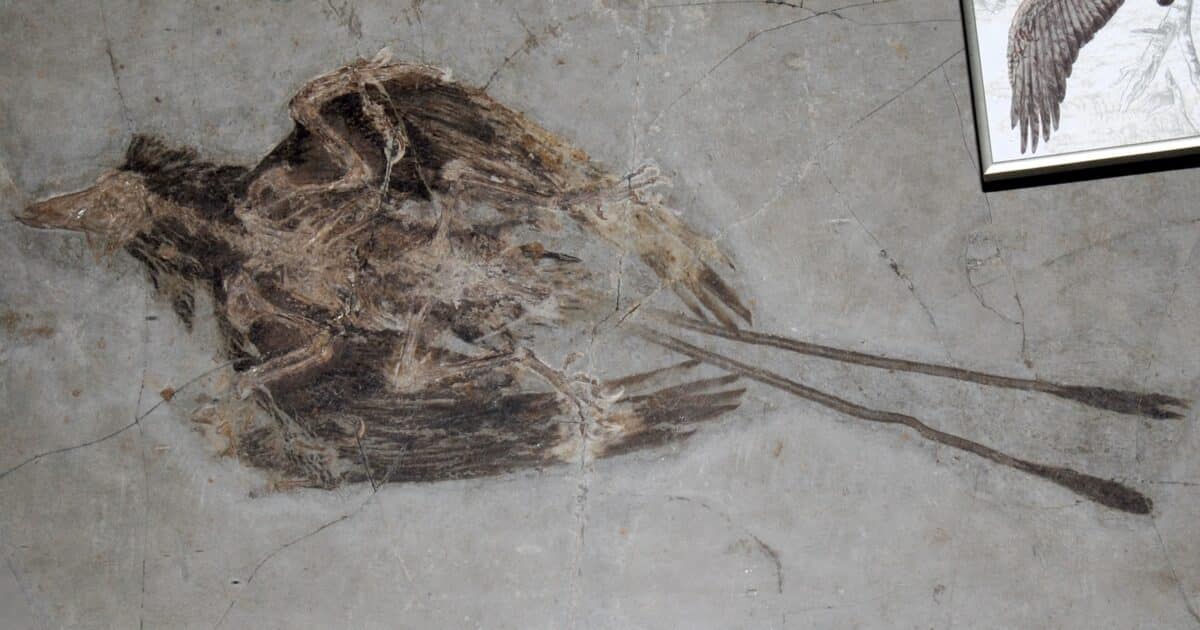
Fossil Friday: A Popular Just-So Story on the Origin of Bird Flight Bites the Dust
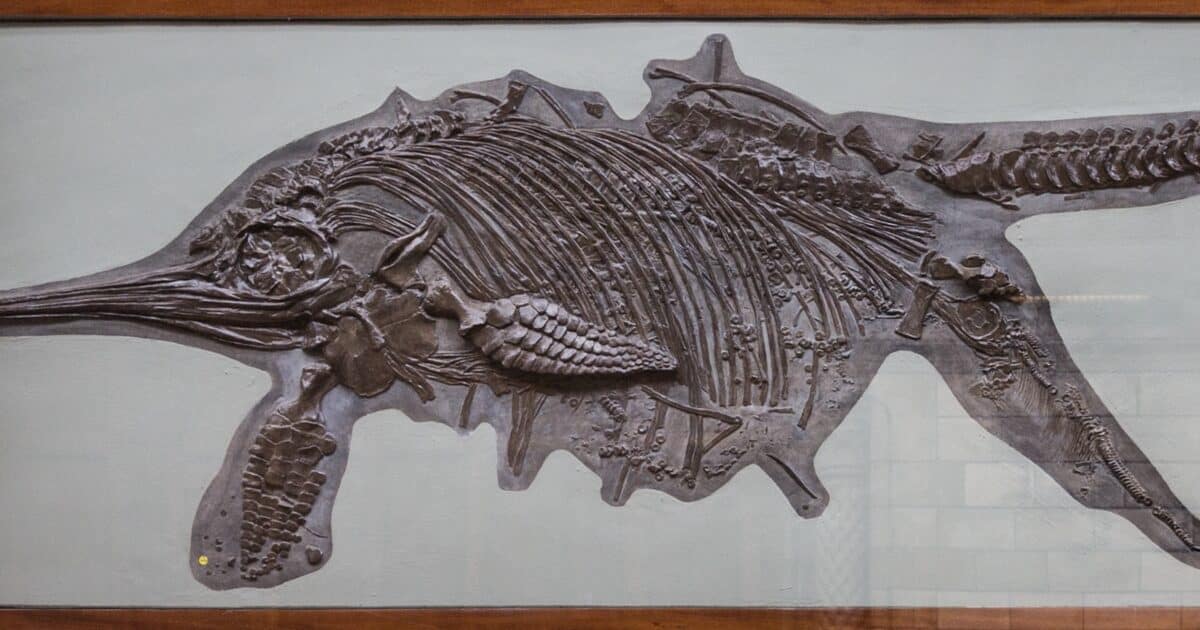
Fossil Friday: Ichthyosaur Birth, Another Evolutionist Just-So Story Falls Apart
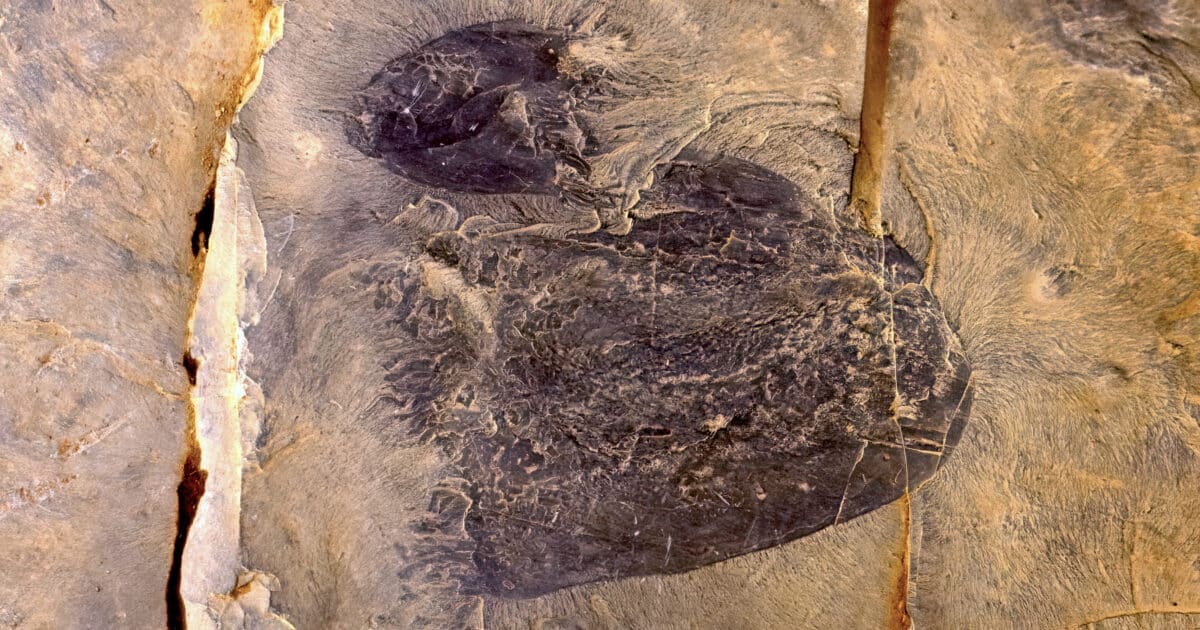
Fossil Friday: Jellyfish Body Plan and Life Cycle Originated in the Cambrian Explosion
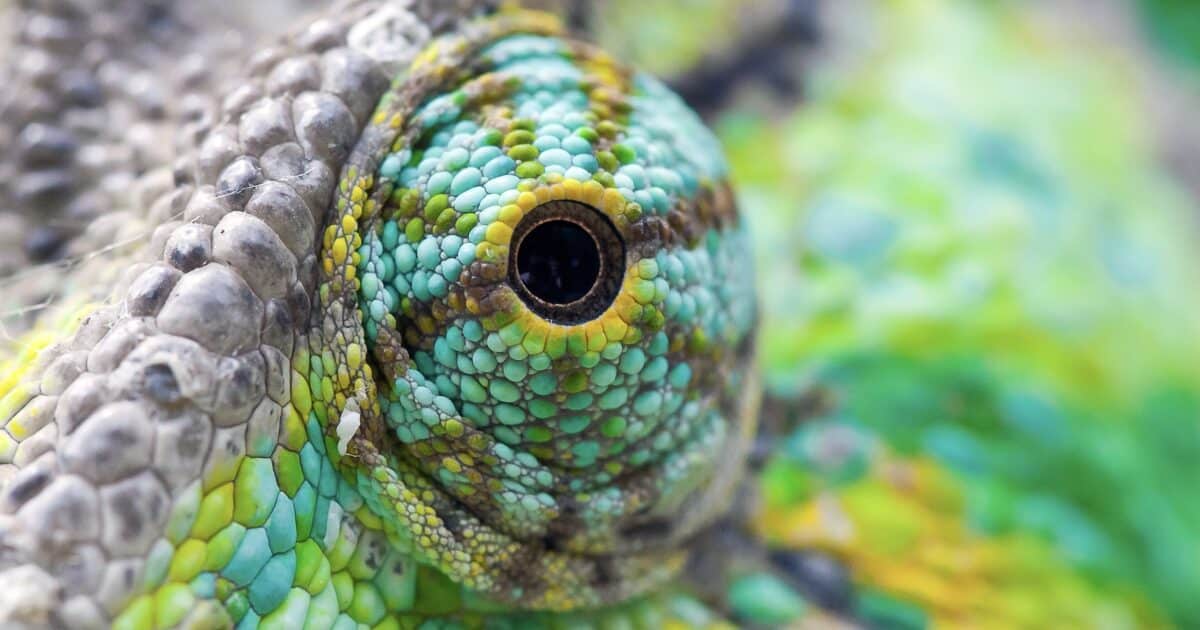
Chameleon Vision — A Unique Marvel of Design
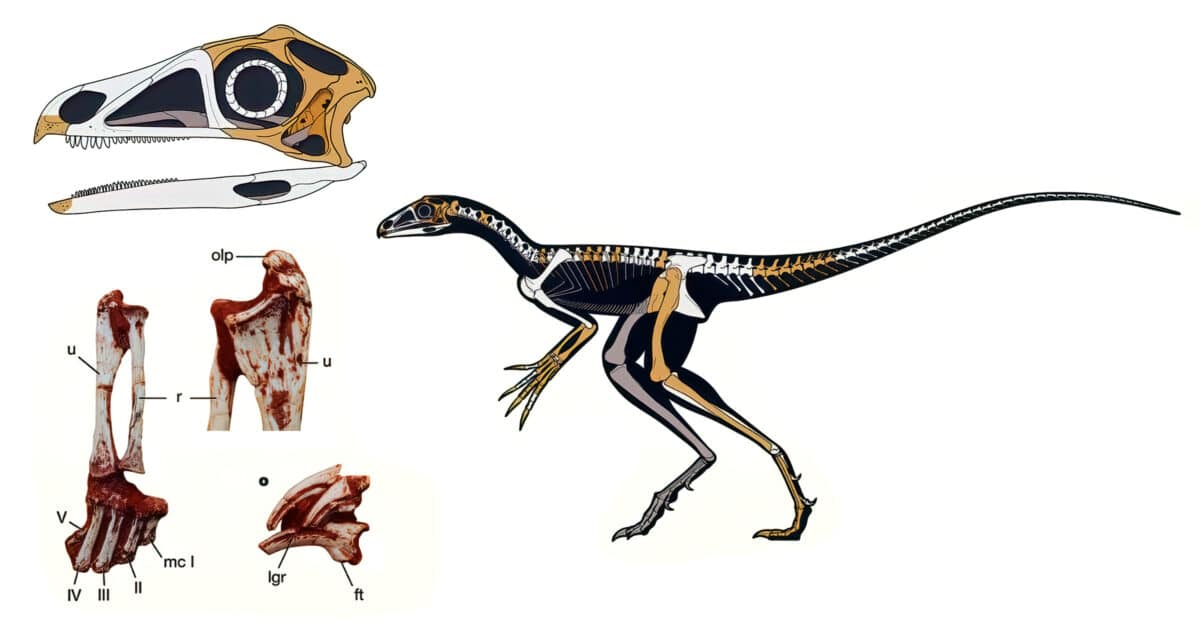
Fossil Friday: Venetoraptor Is Not the Archaeopteryx of Pterosaurs
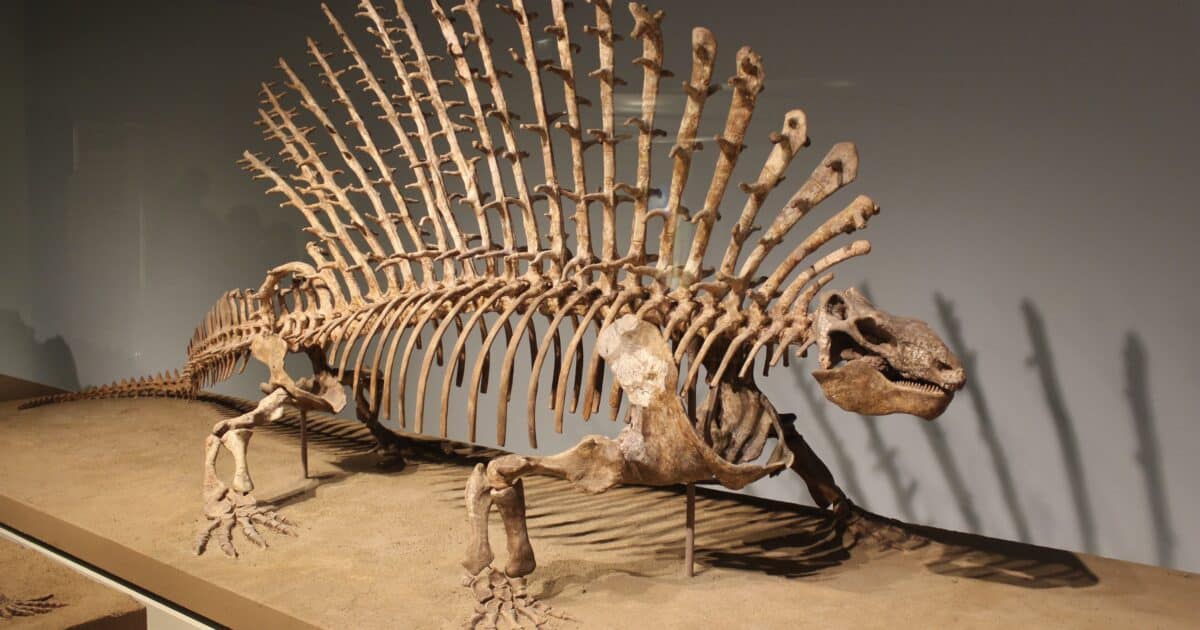
Fossil Friday: Study Debunks Textbook Wisdom on the Evolution of Mammalian Gait

Fossil Friday: Seventy Years of Textbook Wisdom on Origin of Multicellular Life Turns Out to Be Wrong
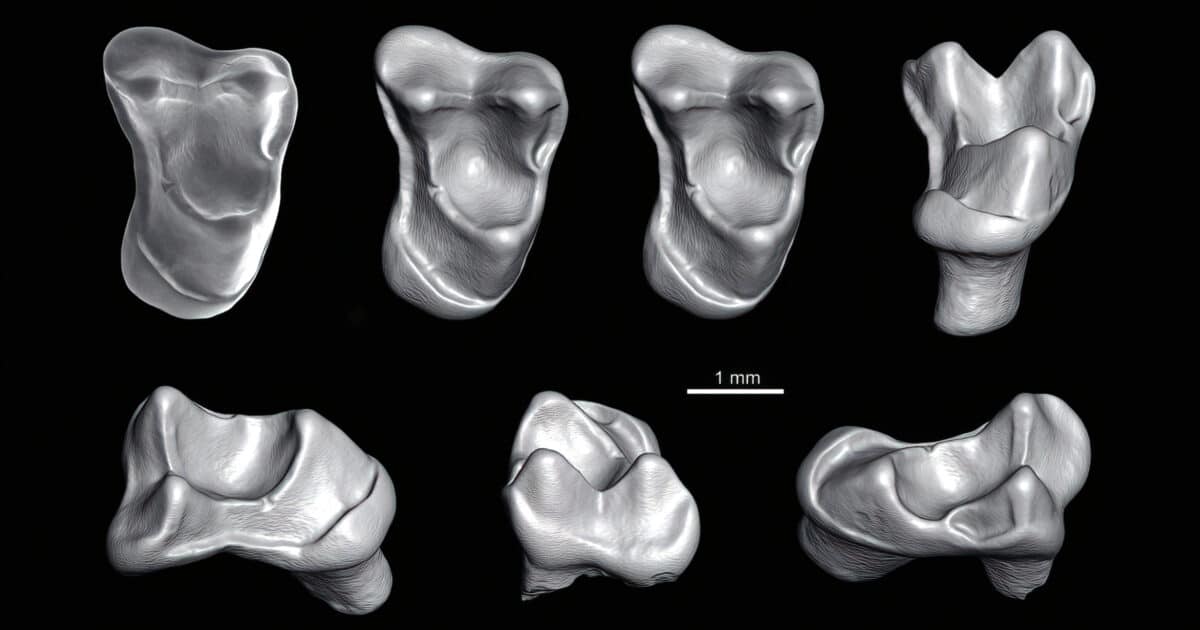
Fossil Friday: Did Monkeys Raft Four Times Across the Atlantic?
